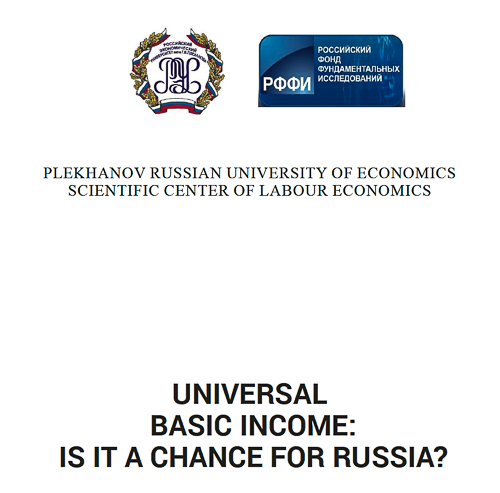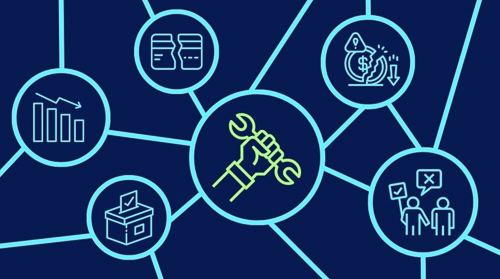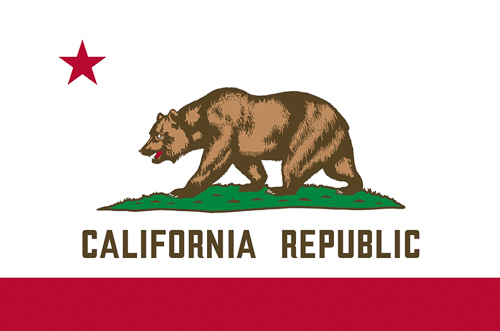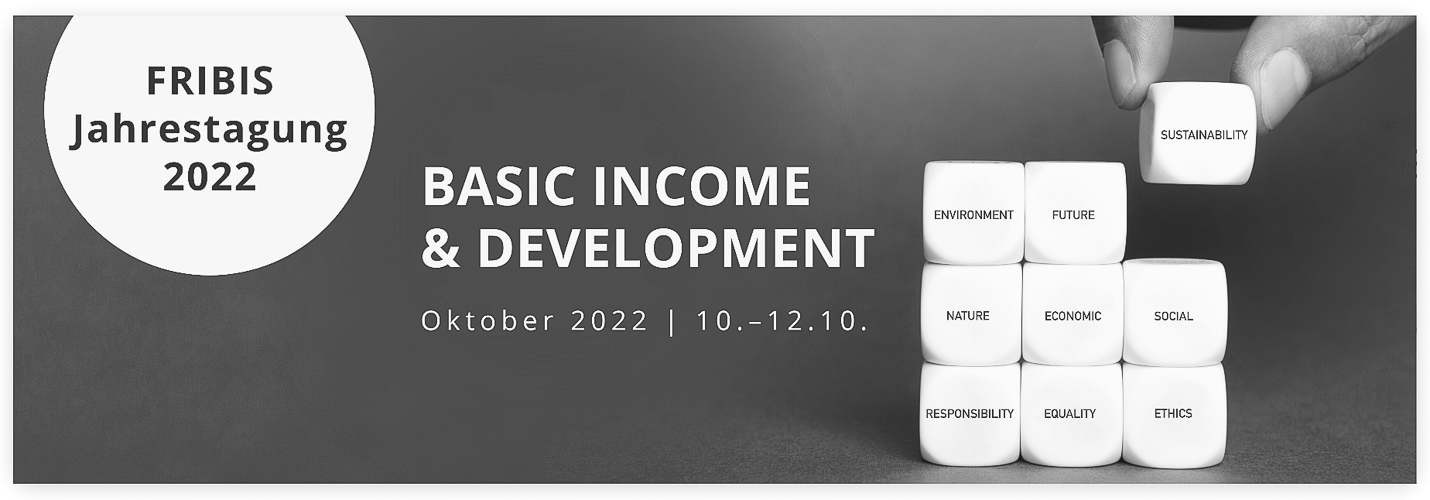
by Peter Knight | Jan 29, 2023 | News
A group of Russian professors led by Vyacheslav Bobkov of the Plekhanov Russian University of Economics, Scientific Centre of Labour Economics, Moscow, has published a 371 page monograph in Russian with an English language summary.
“Goals of the study presented in the monograph are to develop theoretical provisions of the concept of an universal basic income (UBI); to summarize and systematize the results of the survey of the Russian experts and citizens about the potential UBI key principles and possibilities of its implementation in Russia; to identify primary foreground categories of the population for its testing; to assess the feasibility of expanding UBI tools, taking into account the development of it’s transitional forms (the definition of “basic income (BI)” is used below for them), especially during the COVID–19 pandemic; to model the pilot projects (experiments) on the UBI implementation for the most vulnerable groups of the population.”
You can read the English summary here and the full Russian text here.

by Peter Knight | Jan 27, 2023 | Opinion
In a blog post entitled “Re-engineering our fragile economy and democracy”, Geoff Crocker argues that UBI “addresses ethical issues of income inequality, gender inequality, precarity, and security” and should be at least in part financed by “central bank monetary funding of government expenditure, or ‘debt-free sovereign money’, by which the central bank would directly credit the government account with money it had created.”
To read the blog post click here.

by Peter Knight | Jan 13, 2023 | News
The California Department of Social Services (CDSS) announced on Monday that they would be giving more than $25 million worth of grants to seven guaranteed income projects across the state.
1,975 Californians – including former foster youth and pregnant women – will receive
anywhere from $600-$1,200 per month.
Read an article about the grants in the California Globe here.

by Peter Knight | Jan 8, 2023 | News
Michael W. Howard is professor emeritus of philosophy at the University of Maine, past president of the U.S. Basic Income Guarantee Network, past co-editor of Basic Income Studies, and co-editor, with Karl Widerquist, of two books on Alaska’s Permanent Fund Dividend. On 6 January 2023 the prestigious magazine, Scientific American published an article by him entitled “The U.S. Could Help Solve Its Poverty Problem with a Universal Basic Income”.
Click here to read the article.

by Peter Knight | Dec 22, 2022 | Events, News
Enno Schmidt filmed two outstanding presentations at the 2022 Freiburg Institute for Basic Income Studies (FRIBIS) Conference “Basic Income and Development” this past October. He has prepared two summaries together with a video link for each of them:
Sarath Davala, BIEN Chair, gave the opening keynote address,Towards a Basic Income Society: what humankind needs to do before we get there.
Miriam Laker-Oketta, research director of GiveDirectly, the world’s largest basic income project, made a presentation entitled Basic Income and its role in addressing climate change and biodiversity loss.






